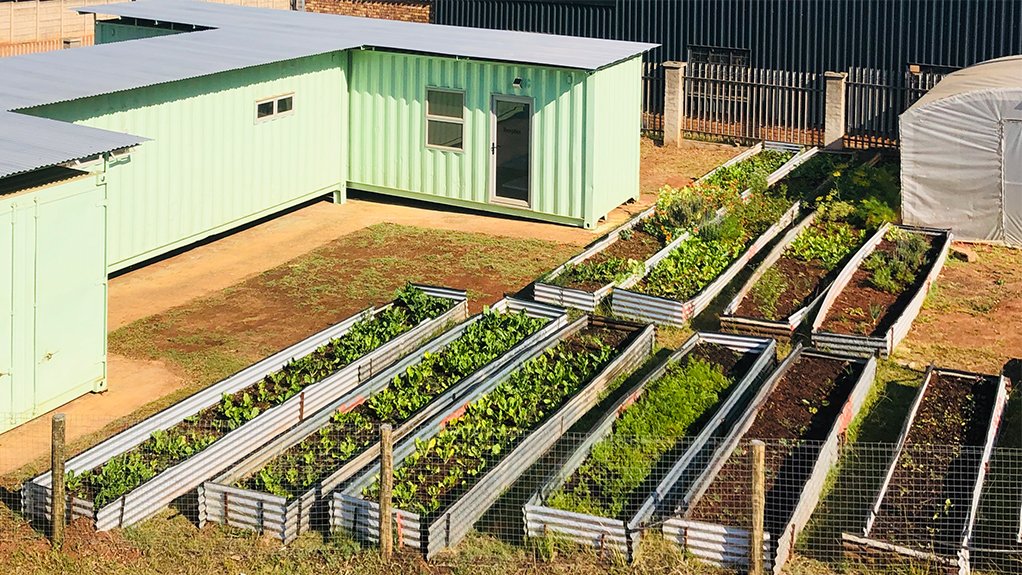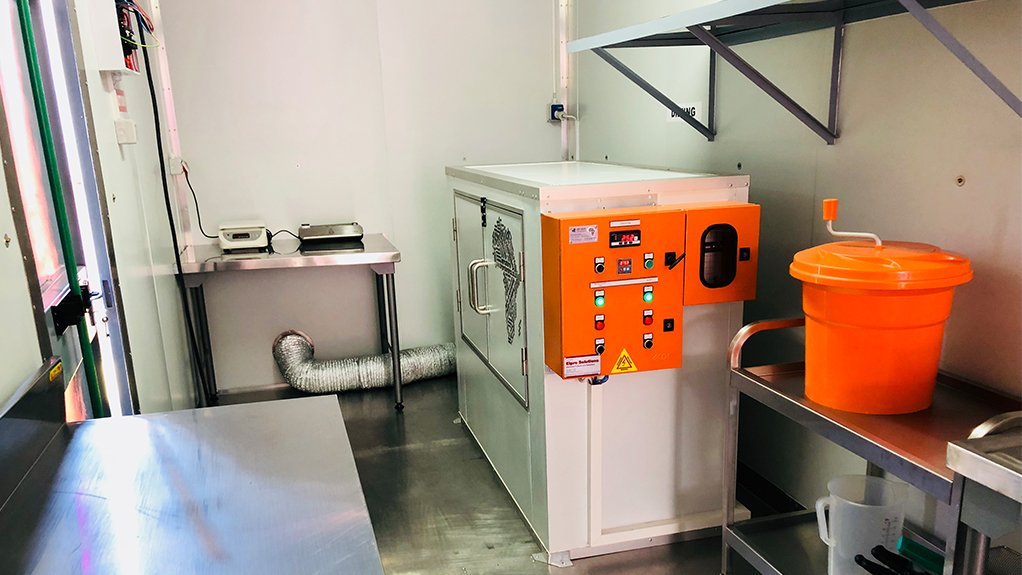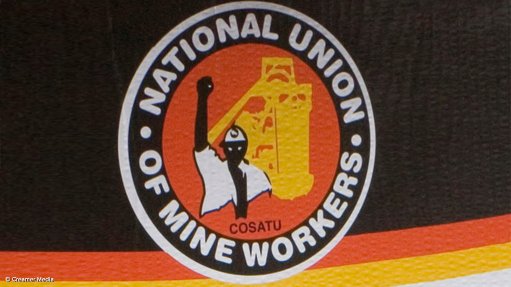Mobile factories reduce time, costs



ACCESS TO INFRASTRUCTURE Small-scale farming can be encouraged to provide produce for the containerised factory, which comes prefitted with dryer units
AGRICULTURAL DRYERS The company’s dryers are pre-assembled at the company’s workshop, are easily transportable, and are used to dry agricultural crops and produce
Agricultural processing equipment supplier Dryers for Africa supplies containerised processing factories fitted with agricultural dryer units which enable clients without access to a factory to buy a mobile factory with the required components and equipment prefitted, reducing installation costs and time.
Dryers for Africa owner Catherine de Villiers-Burgers states these processing factories will enable food producers to control their produce post-harvest, and communities to become self-sustainable. This self-sustainability is applicable to food security, skills development, employment generation and reducing malnutrition.
These containerised modules come prefitted with dryer units that are used as commercial multi-purpose dehydration machines to dry agricultural crops and produce. This is done to reduce spoilage and increase the shelf life of agricultural products.
Along with accompanying equipment necessary to operate the containerised factory, such as fans, electric panels and boilers for heating, the modules come in a range of sizes and processing capacities. They also come in variations that can have energy supply provided by gas, electricity, biomass and boilers.
“Remote areas can be developed without the necessary infrastructure having to be in place. An example would be a community managing, staffing and producing value-adding activities that allow for surrounding support services to be developed,” explains De Villiers-Burgers.
Small-scale farming can be encouraged to provide produce for the containerised factory, as increased subsistence farming can generate income for households.
De Villiers-Burgers points out that this can also provide more employment and skills development opportunities for communities, particularly for previously disadvantaged individuals such as the elderly, disabled or unskilled.
These skills can include farming-related tasks, such as growing and preserving food, as well as other tasks, such as managing logistics and marketing, once production increases.
Further, she draws attention to the advantages of the containerised factories being prefitted with the required components and equipment: “Prefitted equipment results in reduced shipping costs, as well as possible complications when importing the factories.”
The pest-proof factories’ efficient layout also allows for freedom of choice in terms of its location, which allows for reduced manufacturing and assembly times, while being fully customisable.
“Should the market change in a chosen area or the availability of produce decline, the factory can be disconnected and relocated with ease. The setup of the factory is minimal, without the need for major foundations.”
She highlights some environment-friendly aspects of the factories, with old shipping containers having been refurbished to act as the container modules for the factories.
This recycles previously-used shipping containers and valuable metals, as the shipping containers are large and take up much space, which makes them ideal as container modules.
Some of the larger factories also contain biomass toilets, which reduces waste and generates biogas for further use. The larger factories also have rainwater harvesting capabilities, reducing the impact on scarce resources.
Food producers also do not have to outsource costly processing at limited processing plants. Upgrading or increasing the volumes of agricultural produce that is being processed simply requires the addition of another container incorporated into the existing system.
“These factories reduce post-harvest losses by maintaining the required cold chain cycle, reducing handling, packaging materials and the time between harvesting and processing. This, in turn, allows for the nutritional value to be ‘locked in’ sooner once the produce is processed, and value added.”
Dryers for Africa has completed a number of mobile processing factories for processing plants in countries such as Namibia, Uganda, Kenya and South Africa. The factories were imported according to seasonal availability.
Dryers for Africa has been providing these factories since 2014. Since then, improvements, such as the implementation of Internet of Things elements such as computerised control of the mobile factories, have been made.
Article Enquiry
Email Article
Save Article
Feedback
To advertise email advertising@creamermedia.co.za or click here
Press Office
Announcements
What's On
Subscribe to improve your user experience...
Option 1 (equivalent of R125 a month):
Receive a weekly copy of Creamer Media's Engineering News & Mining Weekly magazine
(print copy for those in South Africa and e-magazine for those outside of South Africa)
Receive daily email newsletters
Access to full search results
Access archive of magazine back copies
Access to Projects in Progress
Access to ONE Research Report of your choice in PDF format
Option 2 (equivalent of R375 a month):
All benefits from Option 1
PLUS
Access to Creamer Media's Research Channel Africa for ALL Research Reports, in PDF format, on various industrial and mining sectors
including Electricity; Water; Energy Transition; Hydrogen; Roads, Rail and Ports; Coal; Gold; Platinum; Battery Metals; etc.
Already a subscriber?
Forgotten your password?
Receive weekly copy of Creamer Media's Engineering News & Mining Weekly magazine (print copy for those in South Africa and e-magazine for those outside of South Africa)
➕
Recieve daily email newsletters
➕
Access to full search results
➕
Access archive of magazine back copies
➕
Access to Projects in Progress
➕
Access to ONE Research Report of your choice in PDF format
RESEARCH CHANNEL AFRICA
R4500 (equivalent of R375 a month)
SUBSCRIBEAll benefits from Option 1
➕
Access to Creamer Media's Research Channel Africa for ALL Research Reports on various industrial and mining sectors, in PDF format, including on:
Electricity
➕
Water
➕
Energy Transition
➕
Hydrogen
➕
Roads, Rail and Ports
➕
Coal
➕
Gold
➕
Platinum
➕
Battery Metals
➕
etc.
Receive all benefits from Option 1 or Option 2 delivered to numerous people at your company
➕
Multiple User names and Passwords for simultaneous log-ins
➕
Intranet integration access to all in your organisation




















